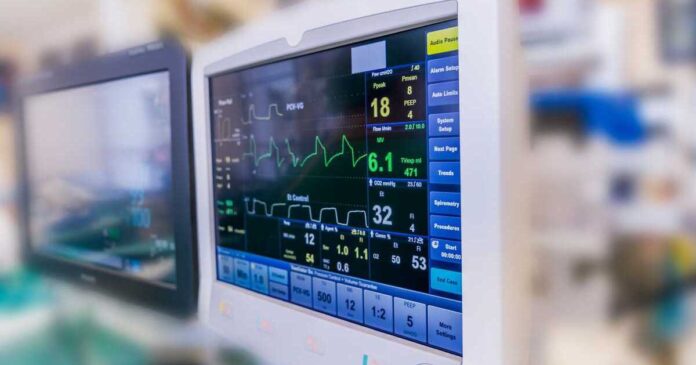A brand new deep studying model-based instrument evolved in South Korea can be utilized to each diagnose coronary artery illness and expect primary hostile cardiac occasions in emergency instances.
HOW IT WORKS
Evolved by means of a crew of researchers from Yonsei College Severance Health facility, Keimyung College Dongsan Health facility, and clinical imaging AI corporate Phantomics, the AI instrument mechanically assesses coronary CT angiography (CCTA) scans and classifies stenosis as customary, non-occlusive, or occlusive.
The mannequin additionally utilises the YOLO structure, which concurrently locates and classifies gadgets, to briefly procedure photographs.
FINDINGS
In a find out about, the AI mannequin was once examined the usage of CCTA information from 408 sufferers who offered with acute chest ache at 3 emergency departments from 2018 to 2022.
Findings, which have been revealed within the Radiology: Synthetic Intelligence magazine of the Radiology Society of North The us, famous that the deep learning-driven research of the stage of stenosis was once a greater predictor of primary hostile cardiac occasions (MACEs) than commonplace medical chance elements corresponding to hyperlipidemia or the cardiac enzyme stage troponin-T.
Additionally, pairing the AI-driven research with commonplace chance elements advanced the MACE prediction by means of 14% issues to 90%.
WHY IT MATTERS
CT angiography, which is used to evaluate artery stenosis for CAD analysis, typically takes a very long time to procedure effects, with analyses various relying at the reader, in line with Severance Health facility.
The AI instrument evolved by means of the Korean analysis crew now not handiest detects CAD but additionally predicts MACE dangers in sufferers who provide to the emergency division.
“This find out about suggests the likelihood that deep studying fashions may also be implemented to expect affected person analysis past merely figuring out the presence or absence of CAD in emergency rooms, the place fast prognosis and remedy selections are necessary,” mentioned Dr Jin Hur, professor at Severance Health facility’s Division of Radiology.
“The AI generation may also be implemented past easy diagnostic help to develop into a medical choice give a boost to instrument,” he added.
MARKET SNAPSHOT
Newest analysis initiatives throughout Asia-Pacific have additionally utilised AI to fortify CAD prognosis.
Singaporean startup Well being BETA is creating an answer that considers genetic and way of life elements in offering an enhanced polygenic chance ranking for CAD. In the meantime, three major heart hospitals in Singapore – the Nationwide Center Centre Singapore, the Nationwide College Health facility and Tan Tock Seng Health facility – are set to pilot a brand new system learning-driven gadget for fast CAD prediction.
In Australia, publicly indexed clinical instrument firms Echo IQ and Artrya have not too long ago received 510(okay) clearance from the USA Meals and Drug Management for his or her respective AI-powered device for diagnosing CAD. Echo IQ’s product is particularly indicated for detecting critical aortic stenosis, whilst Artrya’s AI-powered device, Salix, delivers a 10-minute point-of-care evaluation of CCTA scans.









